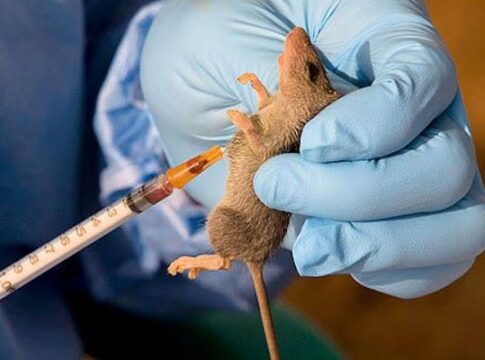Nigeria’s Lassa fever outbreak has killed 80 people from 413 confirmed cases across 11 states, according to the latest report from the Nigeria Centre for Disease Control and Prevention (NCDC). The case fatality rate has surged to 19.4%, marking an increase from last year’s 17.5% during the same period.
Ondo, Edo, and Bauchi states remain the epicenters of the outbreak, accounting for 73% of total infections. Ondo leads with 34% of cases, followed by Edo (21%) and Bauchi (18%). In total, 63 local government areas have reported confirmed cases.
“This increase in fatalities is concerning, despite a drop in new cases from 68 in Week 5 to 54 in Week 6,” the NCDC stated. The most affected age group is 21 to 30 years, with a male-to-female ratio of 1:0.8.
Challenges in Containment and Government Response
Delayed hospital visits, high treatment costs, and limited awareness in high-burden areas are driving the fatality rate, according to the NCDC.
To combat the outbreak, the agency has activated the National Lassa Fever Multi-Sectoral Incident Management System (IMS) and deployed National Rapid Response Teams to Gombe, Nasarawa, and Benue. Additionally, healthcare workers in Bauchi, Ebonyi, and Benue are receiving specialized training in Lassa fever case management.
READ MORE: Trump Unveils Plan for 25% Tariffs on Cars, Pharma, and Chips, Escalating Trade Tensions
“We are strengthening outbreak response by enhancing surveillance, contact tracing, and risk communication in affected states,” an NCDC spokesperson said. The agency has also ramped up the distribution of essential response supplies, including personal protective equipment (PPE), Ribavirin (an antiviral drug), and body bags.
In collaboration with the World Health Organisation (WHO) and Médecins Sans Frontières (MSF), Nigeria is intensifying diagnosis, treatment, and infection prevention measures.
Public Advisory and Preventive Measures
As the outbreak intensifies, the NCDC is urging Nigerians to take preventive measures, including maintaining hygiene, storing food in sealed containers, and avoiding contact with rodent droppings.
“Good sanitation and proper food storage are critical in preventing Lassa fever,” the NCDC advised. It also warned against bush burning, which forces infected rodents into homes, increasing transmission risks.
Early detection remains vital. “If you experience fever, sore throat, or unexplained bleeding, seek medical attention immediately,” the agency emphasized.




